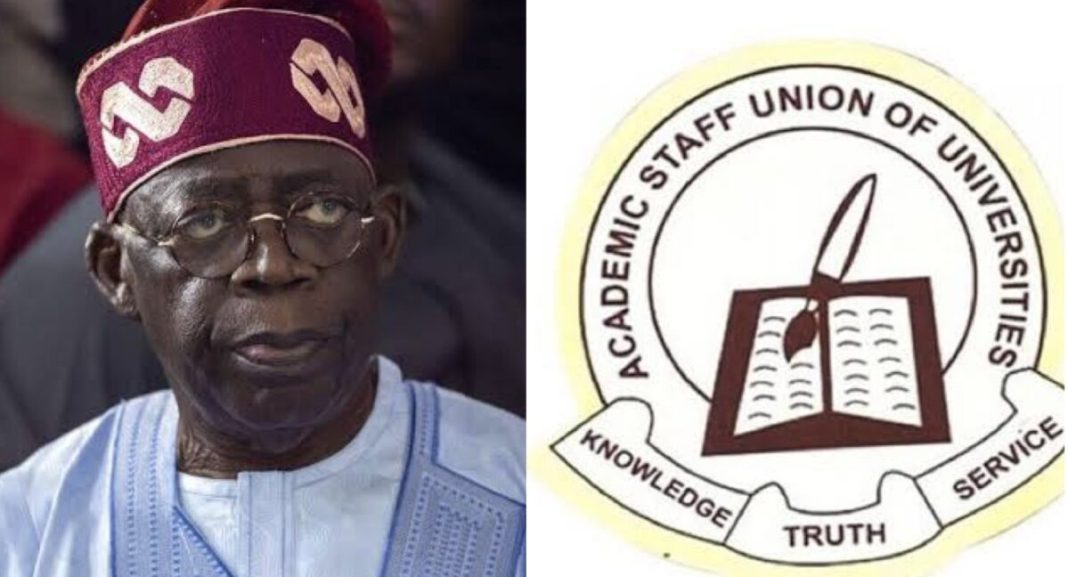A recent court judgment has compelled the Nigerian government to disclose the spending details of approximately $5 billion in recovered funds from the late dictator Sani Abacha. The ruling has left the government in a difficult position, as it has been uncommon since 1999 for presidents to investigate or probe their predecessors. The government now faces the choice of either complying with the court order and providing the required information or disregarding the order and risking a perception of failing to uphold the rule of law.
This development is a significant victory for Socio-Economic Rights and Accountability Project (SERAP), a civil society organization dedicated to holding public officials accountable for the management and utilization of public funds. In 2020, SERAP approached the court to compel the government, under President Muhammadu Buhari at the time, to provide details on the spending of the recovered Abacha loot.
Previously, the government responded to SERAP’s Freedom of Information (FoI) requests by stating that it had no records of the exact amount of funds stolen by Abacha or the spending of the approximately $5 billion recovered between 1999 and 2015. The then Attorney General of the Federation, Abukabar Malami, confirmed the recovery of $322 million from Switzerland in 2018, which was used for social investment projects, and $308 million from the Island of Jersey, designated for specific infrastructure projects in Nigeria.
SERAP expressed dissatisfaction with the government’s response, arguing that it failed to provide sufficient details on the spending and planned spending of the recovered funds. As a result, SERAP indicated its intent to pursue legal action under the FoI Act to ensure compliance with its requests.
The court’s decision to disclose the spending details of the Abacha loot is seen as a crucial step in promoting transparency and accountability in Nigeria. It aims to shed light on the projects executed with the recovered funds, their locations, the companies involved, the role of international actors such as the World Bank, and the implementation status of these projects since 1999.
The court’s ruling is expected to prompt the government to take action, either by providing the requested information or potentially challenging the decision. In either case, this judgment highlights the ongoing efforts to address corruption and ensure responsible management of public funds in Nigeria.





